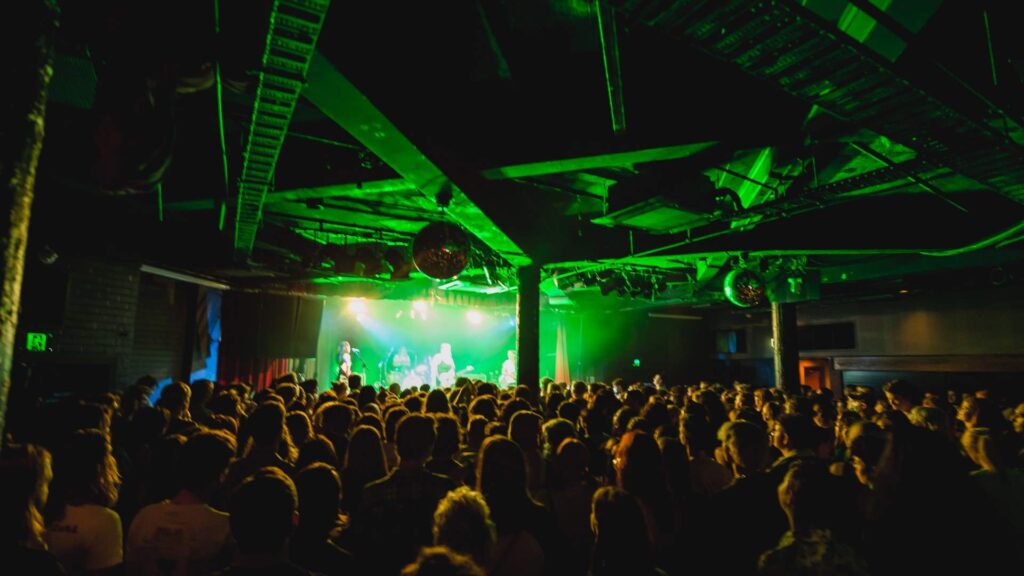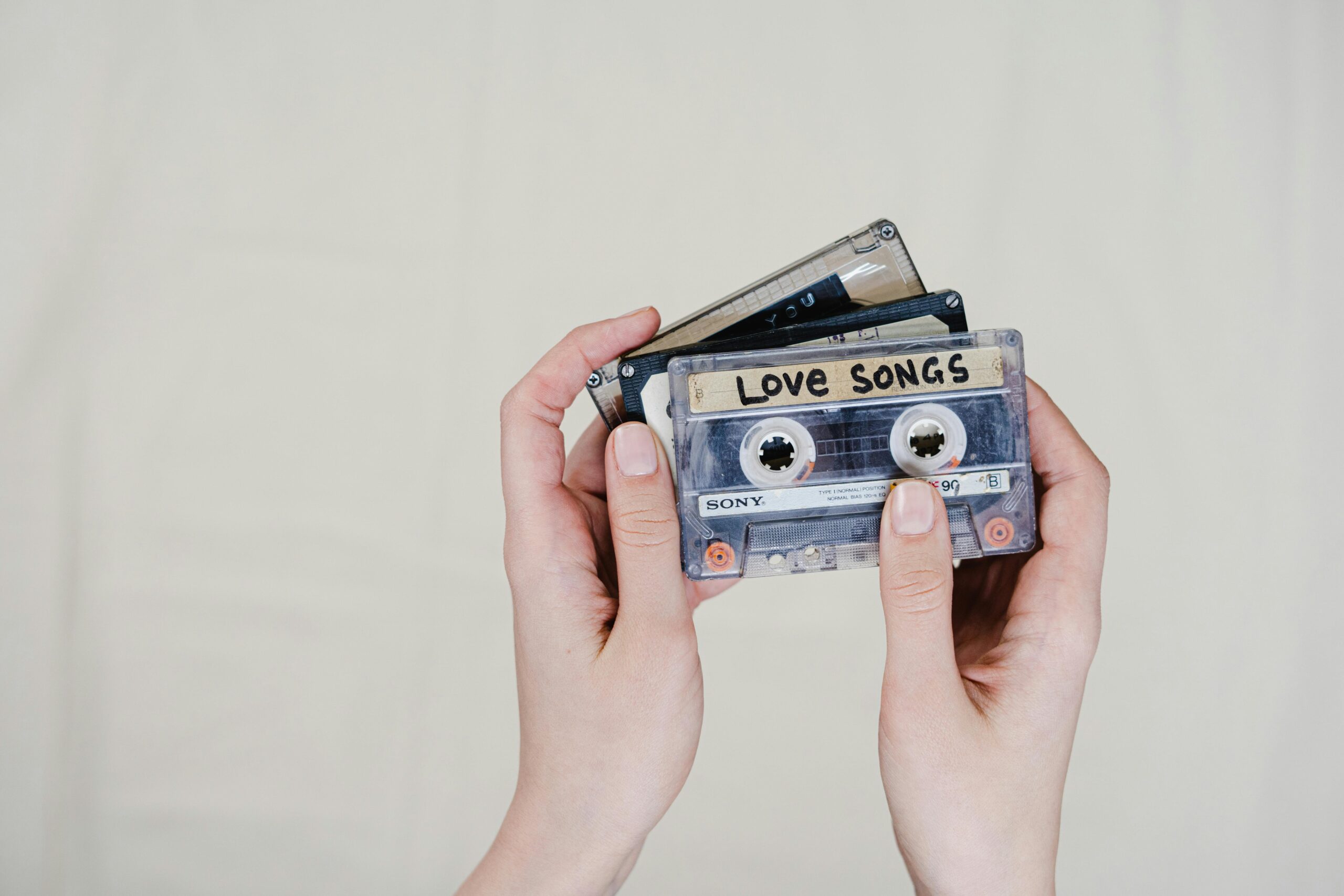Is Tall Poppy Syndrome stunting the growth of Australian music?

Image from Concrete Playground
Tall Poppy Syndrome isn’t unique to Australia, but it has a profound impact on how musicians and artists are perceived—particularly when they become “successful.” It’s the cultural tendency to criticize or undermine individuals who rise above the rest, cutting them down to size. While we’ve seen this play out in the backlash against high-profile Australian artists who make it big overseas—particularly female musicians like Tones & I, Courtney Barnett, and Kylie Minogue—I’m starting to see this mentality is creeping into local music scenes as well.
This is both disappointing and dangerous. If independent musicians feel discouraged from growing and promoting themselves, it will create a ripple effect that ultimately stifles Australian music as a whole.
So, I pose the question: Is Tall Poppy Syndrome stunting the growth of Australian music?
Take a look at local bands—how many promote themselves outside of their own Instagram pages? I’ve seen artists reluctant to submit their music to labels, push for festival slots, or even seek media coverage for fear of being “too much”. When musicians break out of this collective modesty, they open themselves to intense criticism—not just from audiences, but from their peers.
Kevin Parker spoke about this firsthand:
I was at my favorite pub right after Currents came out, and this guy came up to me and said, ‘Have you heard the new Tyler, the Creator album?’ I said, ‘No, I’ve been meaning to check it out.’ And he said, ‘Great. It’s better than anything you’ve ever done,’ and walked off. I was like, ‘You motherf***er!’ It put me in a bad mood. I feel something kind of changed with how I feel in my own city.
I’ve heard bands grumble about others getting higher billing on a lineup, questioning if they really “deserve” it. I’ve seen artists mocked for putting on an engaging performance, as if showing charisma on stage is a cardinal sin. This culture of tearing each other down instead of lifting each other up discourages musicians from celebrating their success—or even striving for it in the first place.
This mentality doesn’t just harm individual artists—it weakens the entire industry. Tall Poppy Syndrome discourages risk-taking and innovation, which in turn affects funding opportunities, media coverage, and economic growth within the music sector. It’s no coincidence that even successful Australian artists—like Stella Donnelly and Violent Soho—had to work hospitality jobs while their songs were on high radio rotation. If they struggled to make music a full-time career, what hope do smaller acts have—especially if they keep cutting themselves down to an “acceptable” level?
Kylie Minogue has called out this issue as well:
But it’s bothered me for as long as I can remember. It’s like we’ve got an inferiority complex about our own music in this country – and it ties in with tall poppy [syndrome] where we’re too scared, I think, sometimes to do something interesting, brilliant, exciting, different… because we as artists or people in the public space might get cut down.
But I’ve seen glimmers of hope. Social media—particularly TikTok—is disrupting the traditional Australian music gatekeepers, giving artists a direct line to global audiences. While TikTok has its own challenges, it has empowered musicians to share their work on their own terms. More artists are self-promoting in comment sections, leveraging viral moments, and taking control of their careers. It’s refreshing to see.
While there aren’t many aspects of American culture I’d encourage Australia to adopt, their approach to supporting musicians is something we must embrace. Instead of tearing artists down for their success, we should celebrate their achievements and recognise the work that got them there. Even if you don’t like an artist’s music, there’s a big difference between saying “not my thing” and claiming they don’t deserve their success. More often than not, they’ve worked incredibly hard to get where they are.
Amy Taylor of Amyl and the Sniffers put it best:
Don’t feel ashamed of it if you have bigger dreams than what your peers like. Because if you push through, it might help change the culture… Why should you limit yourself and not try and get money and enjoy being creative? And you deserve to get paid for being creative as well.
It’s time for a cultural shift. Support local artists. If they make it big, cheer them on instead of dragging them down. Foster collaboration, not competition. Stop cutting down our tall poppies.

